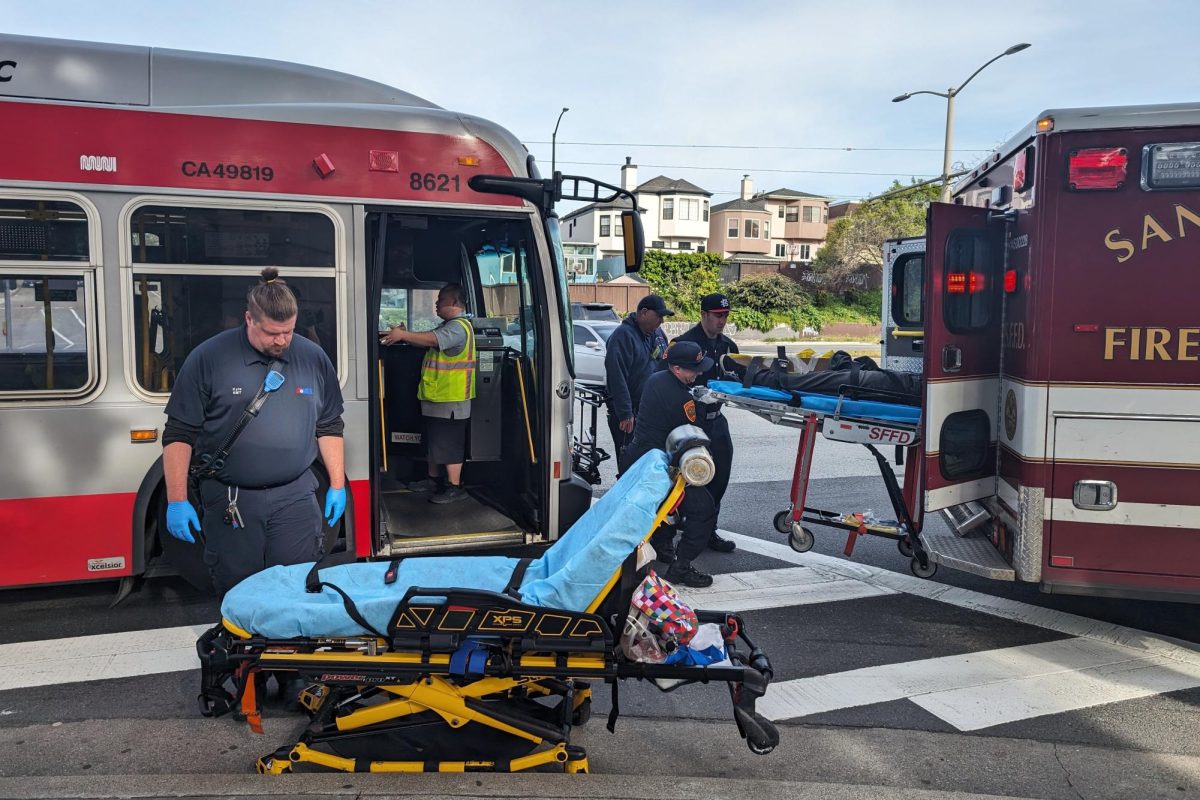Federal judges in New York, California and Washington temporarily halted President Donald Trump’s policy to potentially deny immigrants green cards based on their usage on government benefits, four days before the law would have gone into effect.
If the policy takes effect, the Department of Homeland Security would redefine who becomes classified as a “public charge.” That classification, which refers to immigrants primarily dependent upon government funding or long-term institutional care, can prevent an immigrant entering or living in America from obtaining permanent residency.
The law would redefine the term to refer to individuals more likely than not to receive public benefits for more than 12 months in aggregate within a 36-month period. For example, receiving two benefits in one month would comprise two months’ of benefits.
New York City Judge George B. Daniels ruled in favor of a nationwide injunction to block the policy.
“No less important is the immediate and significant impact that the implementation of the rule will have on law-abiding residents who have come to this country to see a better life,” Daniels stated in his nationwide injunction to the rule. “(It) discourages them from lawfully receiving available assistance intended to aid them in becoming contributing members of our society.”
Twenty-one states and the District of Columbia have filed lawsuits against the policy, voicing concerns over discrimination against immigrants, and the divisions the policy might create for families across the nation.
With Daniels’ temporary injunction, residents trying to receive their citizenship will not have to fear for now that receiving public benefits could become grounds for denying them U.S. citizenship. Over 13.5 million people — 7.6 million of them children — live in a household with at least one noncitizen or are noncitizens themselves, according to the Kaiser Family Foundation (KFF).
Since the policy was introduced, there have been many updates which heavily affect immigrants trying to establish their livelihood in America.
Medicaid, food stamps, housing assistance, treatment of communicable diseases, disaster relief, immunizations, and health care programs and children’s nutrition are all included in Trump’s public charge rule, according to U.S. Citizenship and Immigration Services (USCIS).
The Immigrant Legal Resource Center (ILRC) says the benefits not counted in the pending policy include school-based benefits given to applicants at or below the eligible age for secondary education, Medicaid benefits received by non-citizens under the age of 21, pregnant women and people who receive services under the Individuals with Disabilities Education Act.
Congress has specific rules for certain groups exempt from the public charge policy. USCIS states that these include refugees, asylees, and Afghans and Iraqis with special immigrant visas. KFF says if the new rule leads to 15% to 35% disenrollment in Medicaid and Children’s Health Insurance Program (CHIP), 2.1 million to 4.9 million individuals would disenroll.
“This rule would topple the American dream,” San Francisco City Attorney Dennis Herrera said in an August statement when Trump first announced the rule. “This rule is not only illegal, it’s un-American. It’s bad for the economy, it’s bad for public health and it’s bad for our country.”










